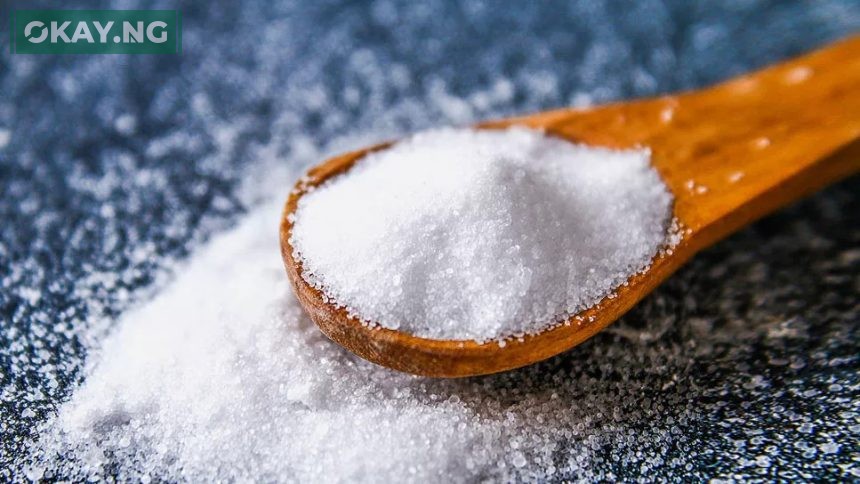The Federal Ministry of Health and Social Welfare has issued a strong public health advisory urging Nigerians to limit their salt consumption, following a viral video in which Pastor Chris Oyakhilome, founder of Loveworld Incorporated (Christ Embassy), encouraged people to eat more salt.
In the video, Oyakhilome claimed that Africans have been deliberately discouraged from consuming salt in order to increase reliance on sodium-based pharmaceutical drugs. The comment has since drawn backlash from health professionals and public health advocates.
Okay.ng reports that in a statement released on Wednesday, Alaba Balogun, Deputy Director of Information and Public Relations at the Ministry, warned that such claims could undermine public health education efforts and put lives at risk.
“The federal ministry of health and social welfare has observed a widely circulated video in which a respected religious leader discourages Nigerians from heeding medical advice on salt consumption,” the statement read.
“While we deeply respect the important role of faith and religious leaders in our society, it is crucial to correct misinformation that poses a risk to public health.”
Balogun emphasized that while salt contains sodium, which is essential for functions such as nerve activity, muscle movement, and fluid balance, it must be consumed in moderation. He warned that excessive salt intake can lead to serious health conditions including high blood pressure, stroke, heart failure, and kidney disease.
The statement noted that Nigerians currently consume more than double the World Health Organization’s (WHO) recommended daily salt intake of 5 grams (about one teaspoon).
“Salt is not the enemy. Salt contains sodium, an essential mineral that supports vital body functions… However, the concern lies in excessive consumption, not in salt itself,” Balogun added.
He also addressed the claim about sodium in medication, clarifying that:
“The presence of regulated sodium compounds in certain medications is not equivalent to dietary salt (sodium chloride) and is safe when prescribed appropriately.”
The ministry further reaffirmed the credibility of Nigeria’s medical professionals.
“We wish to state clearly: Doctors do not lie. Nigeria’s health professionals are trained to offer evidence-based guidance rooted in decades of scientific research and patient care.”
“The presence of regulated sodium compounds in certain medications is not equivalent to dietary salt (sodium chloride) and is safe when prescribed appropriately,” the ministry said.













